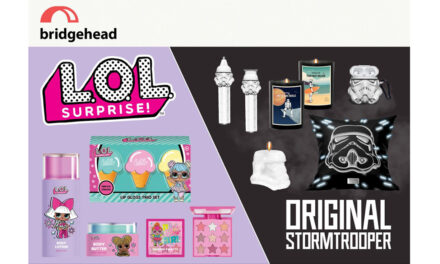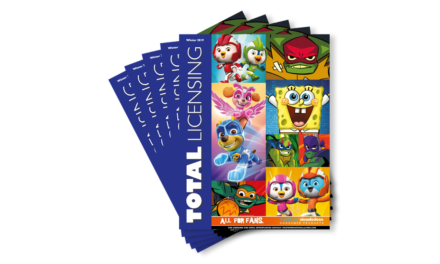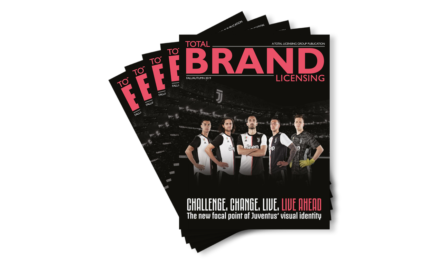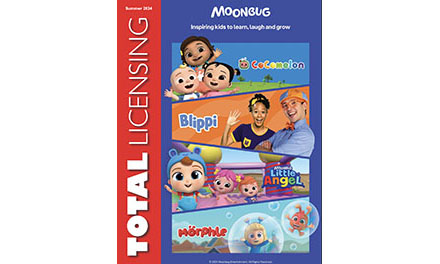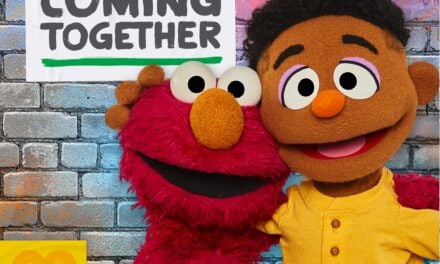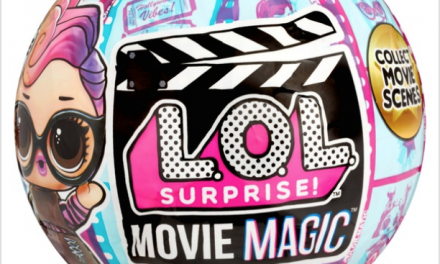
The Resurgence of the Board Games Sector
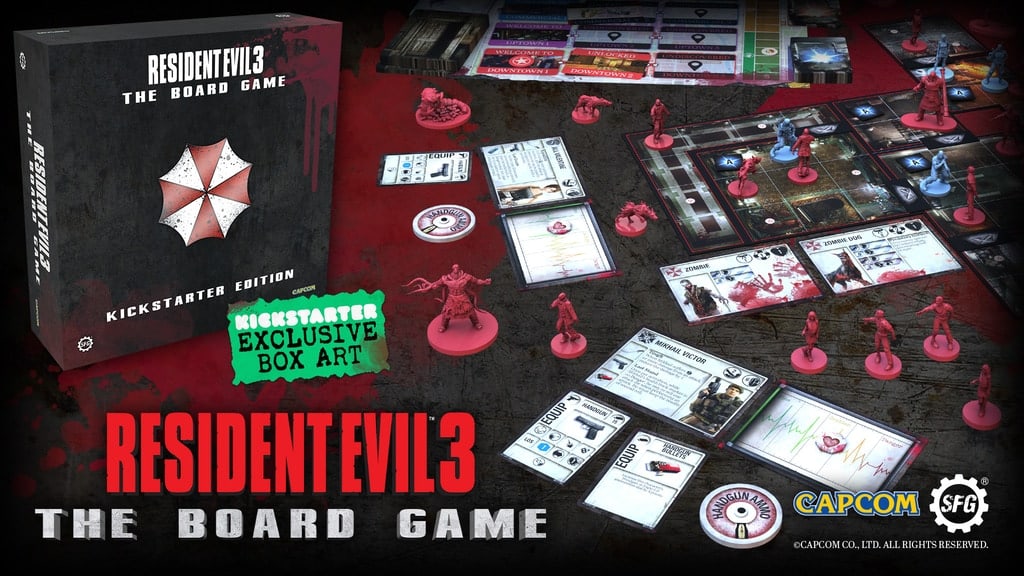
By Jake Welsh, Director and Principal Brand Consultant at Dept
We live in a gaming culture, with the majority of the population playing some sort of game on a regular basis, whether a physical sport, mobile or video game, cards or escape rooms. Games are a cross-generational activity, unlike most other forms of entertainment, and can connect people of all backgrounds and beliefs. Tabletop games continue to be a firm favourite, offering countless categories to enthral all demographics across various situations.
The absence of live entertainment has prompted brands around the world to keep their fans entertained with a steady stream of interesting content. Flashback footage from original series, match reruns, screened theatre performances, goal montages, iconic interviews and packaged quizzes have encouraged fans to relive their favourite moments. Nostalgia is being widely adopted in pop culture and advertising during the lockdown, as consumers seek comfort in traditions and familiarity. It’s no surprise that traditional games such as Monopoly, Scrabble and Cluedo, have spiked in popularity since the pandemic.
Even pre-Covid, the board game industry was experiencing a renaissance, with classic titles returning to the limelight and ‘indie’ games increasingly emerging into mainstream stores. The global board games market is expected to reach a value of over $12 billion by 2023, growing at a CAGR of more than 9% by 2017–2023. Google Trends echoes this upward movement, with searches for board game-related keywords increasing over the last 5 years.
The resurgence of board games in recent years has been spurred on by a desire for more human interaction in a digital world, providing an ideal option for family nights in, team building and bonding with friends. Game-playing is like yoga for your mind, releasing positive emotions, and protecting against cognitive decline. And with creative game producers utilising advancements in 3D printing technology and incorporating mobile apps, board games are set to appeal to a new, tech-savvy generation.
Unlocking a Social Subsector
Board game conventions are boosting the market, creating new commercial opportunities for global vendors to engage with both game players and publishers. There are hundreds of board game expos held around the world; GenCon in America welcomed over sixty-thousand patrons in 2019 and the UK Games Expo in Birmingham hosted twenty-two thousand to play in the tournaments and get a glimpse into hot new games before they’re released.
The widespread popularity of board games has been supported by quirky bars and indie stores like Manchester’s Fan Boy 3. The northern city has 96 game-inspired cafe and indie shops, the second-highest number in the UK behind London, and has earned a reputation in the community as an early adopter; instrumental in inspiring the opening of cafes around the country, like CUPS that opened its doors this March in Chester city centre.
One of the success stories is Manchester-based game developers, Steamforged Games. Their early success led to winning licences to develop games for several renowned video games titles and in doing so, Steamforged has succeeded in carving out a niche in a market estimated to be worth around £2.3bn. Steamforged has since created tabletop versions of Resident Evil 2 & 3, Horizon: Zero Dawn and Dark Souls. Their licensed games have become the preferred tabletop games partner for companies including Bandai Namco, Capcom and Sony.
Consumer demand for these products is so strong that fans continuously fund the development of the next release; a clear demonstration of the power of fandom.
Games Created by its Players
The Kickstarter crowdfunding platform, devoted to growing creative ventures, has been instrumental in amplifying the uptake in board games by exposing projects to as many people as possible, including people who are new to gaming. Cards Against Humanity was one of the first games to be developed through pledges on Kickstarter. It was listed in 2010, not long after the platform was founded, and has become a highly influential NSFW party game.
Tabletop games dominated Kickstarter in both 2018 and 2019, with the category growing at an annual pace of 34% and 6.8% respectively and raising $176.5 million last year in response to successful campaigns, according to research by Polygon. A spectacular success story using crowdfunding is Gloomhaven. This game captured the hearts of players internationally with 40,000 backers pledging $4 million, and it continues to hold an avid fan base with equally high ratings across the Thematic and Strategic categories in the tabletop community.
Steamforged Games got their big break on Kickstarter in 2014 with the successful launch of an original game ‘Guild Ball’, a mob football skirmish game that went on to achieve critical acclaim. Fans continue to underpin the growth of Steamforged with overwhelming support. Their Darks Souls™ board game was immensely popular and raised close to £4 million with 30,000 backers. During Steamforged’s latest Kickstarter campaign to develop the Resident Evil 3 tabletop game, 7,489 backers pledged over £865,000 to help bring the project to life; a successful effort with the game now being created and due for delivery in June 2021.
Building a loyal fanbase
Steamforged Games was not just looking to sell games, but was on a mission to build a brand and knew its strength was in its fanbase. As with other manufacturing sectors that rely on third-party sellers and distributors, creating a direct relationship with end customers can be difficult. To optimise brand loyalty, creating that direct relationship is key. Not to mention the insightful user data that can be gathered to inform future marketing activity, personalisation and product development.
Steamforged was aiming to build its own brand and scale-up interest in its original games, in addition to continuing to develop the popular IP products.
Acting as a supplement to the much-loved cafes and conventions, Steamforged worked with its agency partner, Dept, to revive its e-commerce shop, creating a realm for enthusiasts to explore hidden details in games, appreciate its craftsmanship and communicate with its creators to have a role in product development. As the artists behind the game, Steamforged was in a unique position to offer exclusive extras to its fanbase such as posters or limited edition figurines. All of these details attract users to the website, rewards players for their support and build brand loyalty, whilst driving e-commerce sales.
“The potential for Steamforged Games to build a solid direct-to-consumer model was huge,“ said Jake Welsh, a founder and Principal Brand Consultant at Dept. “Having built merchandising platforms for gaming giants including Sony PlayStation and Playmobil, we knew that the mix of Steamforged’s strong branding, original products and the growing board-game sector had all the elements needed for a successful commerce offering. But at the heart of Steamforged’s success, is its fanbase.”
Creating your own Fanbase
Diehard fans are an incredible asset to any business. Fandom equates to brand advocacy; a power that can’t be underestimated. These customers are already on board with the company’s ethos, so there is no need to apply traditional sales tactics but, at the same time, it’s important not to take their commitment for granted and continuously nurture the connection to earn loyalty. If you’ve been crowdfunded, it’s even more important to carry on with engagement to ensure customers continue to be part of your mission. Be authentic in assuring they feel the satisfaction of supporting the brand.
To take a page from Steamforged’s playbook, engage with your audience in a way that will pique their interest and keep them coming back. If you already have a merchandising platform, is it communicating with users in a personalised way that’s memorable and will give them a reason to return, or is it simply listing items to purchase?
In nurturing fandom, it’s best not to cut corners on communications or customer experience. By rewarding support, the business is the one that benefits in the long-term. Become integrated into your fans lives, not just their wallets. In these times of uncertainty, businesses are either prioritising transactional relationships aiming to boost sales in the short-term, or are delving deeper into the hearts and minds of their audiences to develop products that customers want and protect long-lasting relationships. It will be the companies prioritising brands that will see the long-term benefit.

